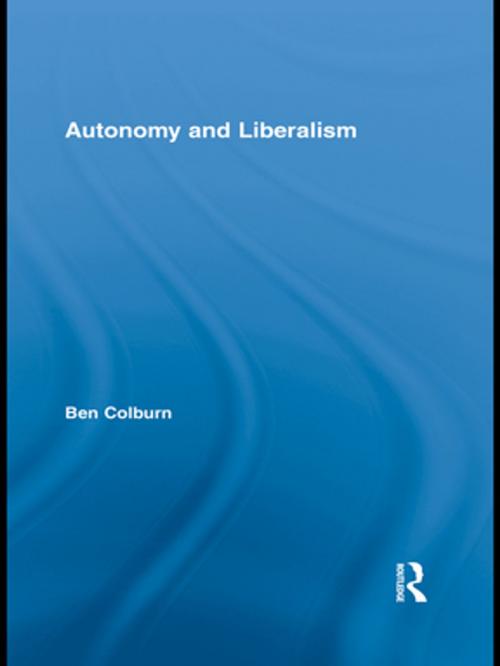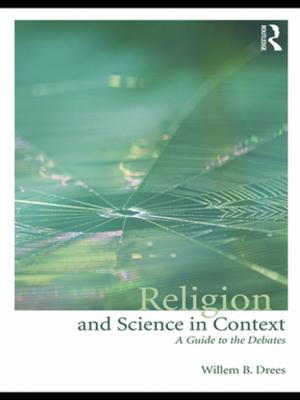Autonomy and Liberalism
Nonfiction, Religion & Spirituality, Philosophy, Political, Social & Cultural Studies, Political Science, Politics, History & Theory| Author: | Ben Colburn | ISBN: | 9781136996832 |
| Publisher: | Taylor and Francis | Publication: | January 21, 2010 |
| Imprint: | Routledge | Language: | English |
| Author: | Ben Colburn |
| ISBN: | 9781136996832 |
| Publisher: | Taylor and Francis |
| Publication: | January 21, 2010 |
| Imprint: | Routledge |
| Language: | English |
This book concerns the foundations and implications of a particular form of liberal political theory. Colburn argues that one should see liberalism as a political theory committed to the value of autonomy, understood as consisting in an agent deciding for oneself what is valuable and living life in accordance with that decision. Understanding liberalism this way offers solutions to various problems that beset liberal political theory, on various levels. On the theoretical level, Colburn claims that this position is the only defensible theory of liberalism in current circulation, arguing that other more dominant theories are either self-contradictory or unattractive on closer inspection. And on the practical level, Colburn draws out the substantive commitments of this position in educational, economic, and social policy. Hence, the study provides a blueprint for a radical liberal political agenda which will be of interest to philosophers and to politicians alike.
This book concerns the foundations and implications of a particular form of liberal political theory. Colburn argues that one should see liberalism as a political theory committed to the value of autonomy, understood as consisting in an agent deciding for oneself what is valuable and living life in accordance with that decision. Understanding liberalism this way offers solutions to various problems that beset liberal political theory, on various levels. On the theoretical level, Colburn claims that this position is the only defensible theory of liberalism in current circulation, arguing that other more dominant theories are either self-contradictory or unattractive on closer inspection. And on the practical level, Colburn draws out the substantive commitments of this position in educational, economic, and social policy. Hence, the study provides a blueprint for a radical liberal political agenda which will be of interest to philosophers and to politicians alike.















